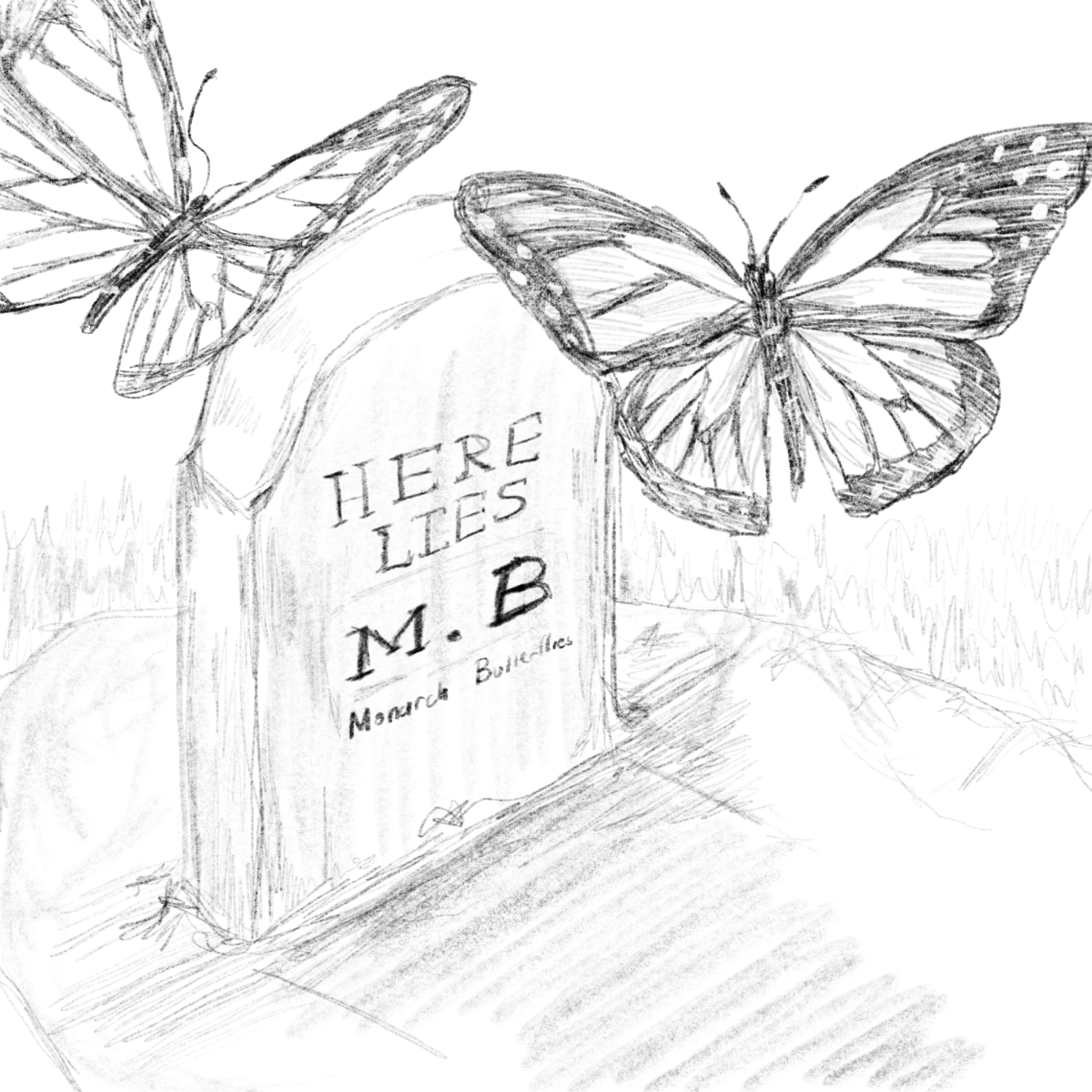My logic for fearing President Donald J. Trump, the 47th president of the United States, may be due to different reasons than others share. I am not a fan of most — if not virtually all — of Trump’s policies. More importantly, my feelings about Trump are related to the same presidential issue I have been teaching about since I arrived on campus in 1995: The powers of the presidency are scary because they go beyond the ones mentioned in the Constitution. The de facto (created not by statute but by action) powers of the presidency are commandeering powers that rightfully belong to other branches of government. President Trump’s extra-constitutional powers are causing an imbalance of separation of powers, of which all three branches hold responsibility. There is some precedent for many of President Trump’s actions, although many of them are not constitutionally permissible. Perhaps a little history lesson will help.
The framers of our Constitution were fearful of a strong executive due to their experiences with King George in England. The framers set out to create a Whig system where the legislature would be the strongest branch of government. The president and judiciary would have shared powers to offset the most powerful branch, Congress. This is NOT how American politics has played out, though. The president today is — far and away — the most powerful branch of government.
For example, according to our Constitution, Congress has the power to declare war; the president is Commander-in-Chief. During the Civil War, President Lincoln created naval blockades to stop the Southern forces, something he had to do because half of Congress was trying to break away from the United States. The Supreme Court awarded the president special war powers. According to The Prize Cases, the Supreme Court declared that war is present when the president perceives war, not when certain conditions are met. Since Article I gives Congress the power to declare war, this decision flies in the face of the Constitution. And the president has never returned the war powers back to Congress. Based on The Prize Cases and other court cases, the president also has “plenary powers” in foreign affairs because of a 1935 Supreme Court decision in United States v. Curtiss Wright.
The war powers of Congress are important, so the Prize Cases and Curtiss Wright decisions should be disturbing. However, as bad as they are, they may not be as important as the disruption of what I call Congress’ sacred powers: the power over the purse and the power to legislate. Starting in 1929, amidst the beginning of the Great Depression, the president set up the Office of Management and Budget (OMB). The goal was to have the president have concurrent authority with Congress over the budget. Plus, the executive branch has its own budget. The fact that President Biden thought he could decide that millions of student loans are forgiven through executive order without congressional authorization has been enshrined as precedent because of the codification of the OMB. And Trump’s creation of the Department of Government Efficiency is not rooted in executive (Article II) powers. Those powers belong to Congress. Today, the president’s power over the budget is shared largely with Congress, although the framers thought Congress should have the power of the purse.
Earlier presidents’ transformation of the legislative agenda has some credence for our current predicament with President Trump. It was President Franklin D. Roosevelt, however, who we have to primarily thank for permitting a president to set the legislative agenda, the New Deal. In a perfect constitutional world, the power to pass legislation resides with Congress. Subsequent presidents continue to set the legislative agenda. President Obama, for example, took credit for Obama Care, which is officially known as the Affordable Care Act. Trump is leading a massive relocation of illegal immigrants, although that power belongs squarely with Congress in Article I, Section 8, giving the legislature authority to regulate immigration and naturalization.
President Trump may write lots of executive orders, trying to bypass Congress, the judiciary and states. For any action to be constitutional, the executive order must derive from an Article II power (the president’s powers) or a congressional delegation of authority. If not, Americans must stand up to Trump and tell him that he is violating the Constitution. And, what is worse, the Constitution may be in jeopardy.



